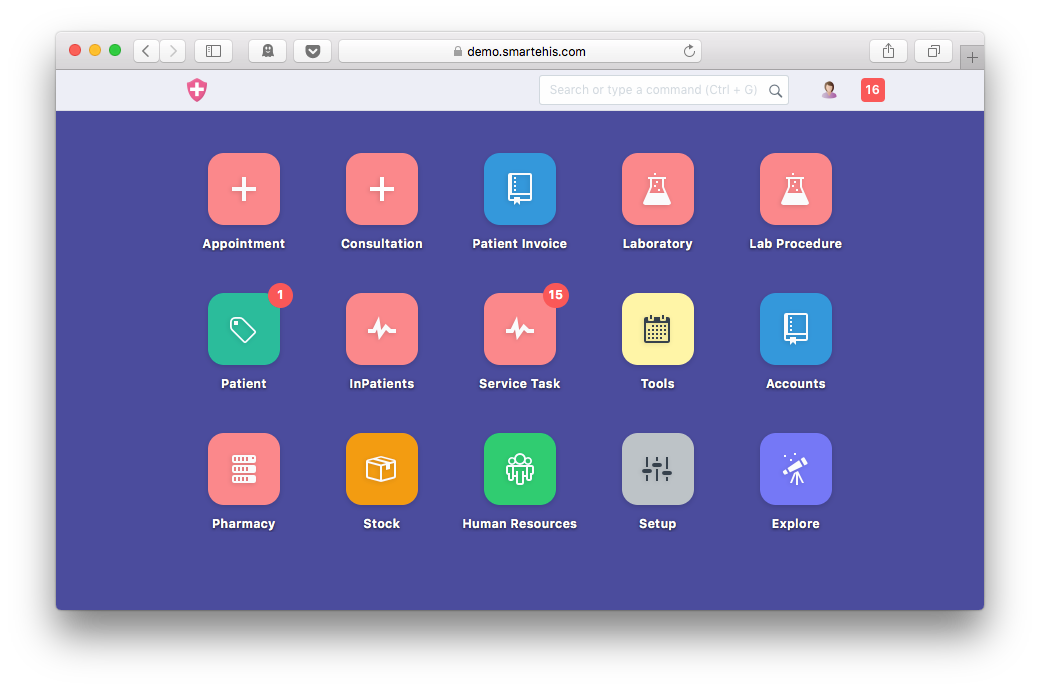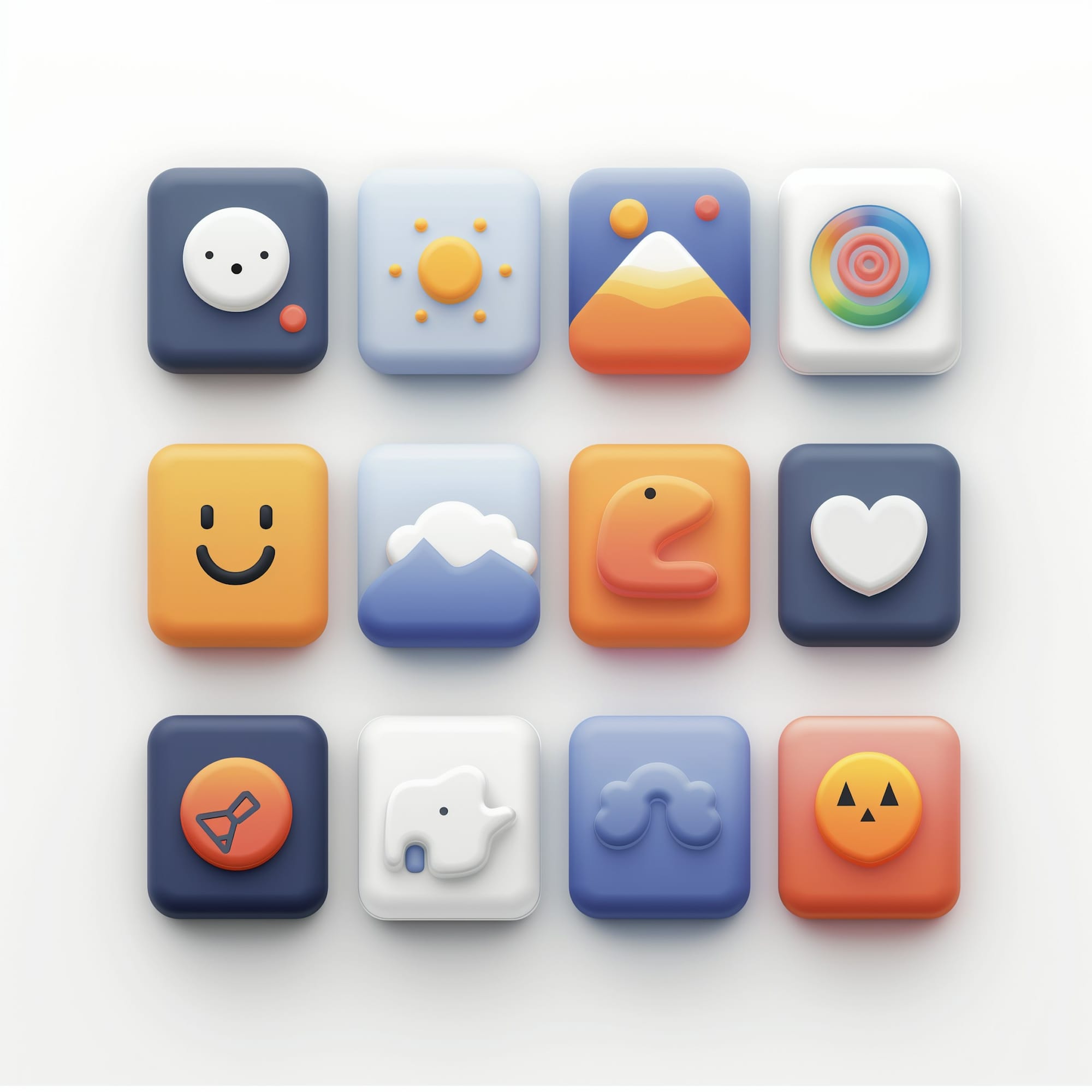The Silent Crisis in Healthcare Software: Where Are the Modern Open-Source Medical Records Systems?
Table of Content
As both a practicing physician and software developer, I've witnessed firsthand how healthcare technology seems frozen in time while the rest of the software world races forward.
The state of open-source electronic medical records (EMR) systems is particularly troubling, with healthcare providers largely stuck using applications that feel like relics from another era.
The Ghost Towns of Healthcare Software
Remember OpenEMR? It's still there, practically unchanged since its inception over two decades ago. While it deserves credit for pioneering open-source healthcare software, its age shows in every click and every form.
The same goes for countless other open-source medical record systems that now lie abandoned in the digital dustbin of healthcare technology.
Take NoshEMR, for instance. Here was a promising project - a web-based EMR system built by a fellow physician-developer using PHP. It represented something special: a system designed by someone who understood both the code and the clinic.
Yet today, it joins the growing list of discontinued projects, leaving healthcare providers with even fewer options.
The AI Paradise That Never Was
Everyone talks about artificial intelligence revolutionizing healthcare records. The possibilities sound amazing: automated documentation, predictive analytics, intelligent decision support.
But where are the open-source projects making this a reality?
While commercial vendors promise AI integration with hefty price tags attached, the open-source community has yet to deliver accessible solutions that bring these innovations to everyday practice.


The Cost of Inaction
This void in modern, open-source healthcare software isn't just an inconvenience - it's actively harmful to healthcare delivery.
Clinics and small hospitals, especially in underserved areas, cannot afford the expensive proprietary systems.
They're left choosing between outdated open-source solutions or nothing at all. Meanwhile, laboratory information systems, critical for modern healthcare delivery, face the same drought of open-source innovation.


A Call to Code: We Need You
To my fellow developers out there: healthcare needs you. We need fresh eyes and modern approaches to these problems. The challenges are complex, but that's exactly why they're worth solving.
We need developers who can bring modern frameworks, clean architectures, and user-centered design to healthcare software.
To universities: you have a crucial role to play. By incorporating healthcare software development into computer science and medical informatics curricula, you can nurture the next generation of healthcare technologists.
Create programs that bridge the gap between clinical medicine and software development.

The Path Forward
As someone who has walked both paths - treating patients and writing code - I can tell you that the need for modern, open-source healthcare software has never been more urgent. We need systems that understand clinical workflows, respect patient privacy, and leverage modern technology to improve care delivery.
The open-source community has transformed countless industries. Now it's healthcare's turn. Let's build systems that aren't just free to use, but worth using. The next generation of healthcare providers deserves better than the digital hand-me-downs we're currently offering them.

The question isn't whether we need new open-source healthcare software - it's who will step up to build it. Will you be part of the solution?
The future of healthcare technology shouldn't be locked behind corporate paywalls or trapped in decades-old codebases. It's time for a renaissance in open-source healthcare software. The patients are waiting. The providers are waiting. The time to act is now.











